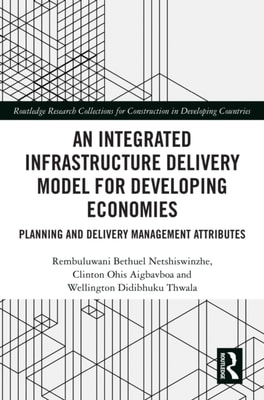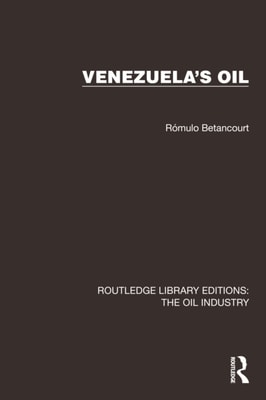Construction and heavy industry
Sorting
Bestseller Sorting collapsed






E-book
Price
32.99 £ * Old Price 38.99 £

E-book
Price
32.99 £ * Old Price 38.99 £

E-book
Price
56.99 £ * Old Price 160.00 £

E-book
Price
56.99 £ * Old Price 160.00 £

E-book
Price
62.99 £ * Old Price 170.00 £







































